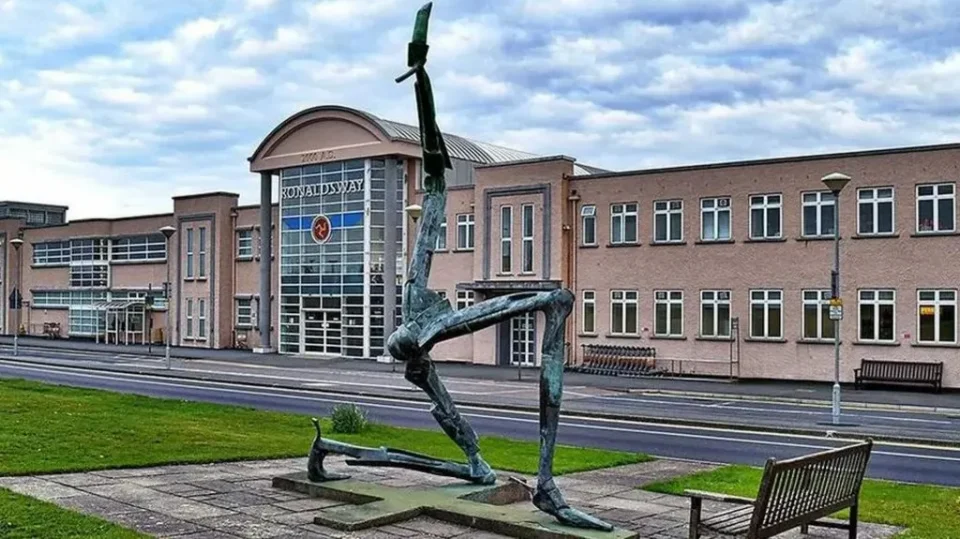A new strategy for safeguarding essential air routes will necessitate “financial backing” from public resources in the future, according to the enterprise minister.
The Strategic Air Services Policy advocates for the continuation of the open skies approach, while allowing the government to “step in to address social and economic needs.”
The initiative, which seeks to maintain connections to Manchester, Liverpool, London, and Dublin while increasing passenger traffic, received unanimous support from Manx lawmakers.
Tim Johnston mentioned that while the “precise extent” of funding is yet to be determined, he could “confidently state” that financial resources will be essential to realize these objectives.
The open skies policy represents the island’s commitment to a free market model, permitting any UK-registered airline to operate flights to the island without restrictions on routes or frequency.
The report highlighted that, while global air travel is “largely recovering to pre-pandemic levels,” a similar rebound has not been observed for services to the Isle of Man.
For 2024, the projected number of passengers is approximately 650,000, which is a decline from the peak of 855,000 experienced in 2019 before the pandemic.
As part of this framework, certain routes would be classified as Public Service Obligations, allowing the government to subsidize airlines in order to maintain a specified level of service.
The plan also aims to enhance regional connectivity to expand travel options and support the tourism sector, utilizing “commercial strategies, such as incentives and partnerships, to attract and maintain airline operations.”
During the January session of Tynwald, Juan Watterson SHK expressed concerns regarding the absence of a “specific budget allocation to support” the proposed strategy.
In response, Johnston noted that while “no definite costs have been requested at this moment” and that the “exact scale of this investment” remains unclear until discussions with airlines conclude, he could “affirm with certainty that financing will be crucial for securing these routes.”
He disclosed that approximately £4 million is currently allocated annually to ensure “a certain level of stability and choice” for flights to London and the North West of England.
He emphasized that connectivity is “not a luxury” but rather “an essential service,” stating that the “long-term vision” of the plan would establish a “foundation of route security” for patients seeking medical treatment, business travelers, tourists, and local residents.


